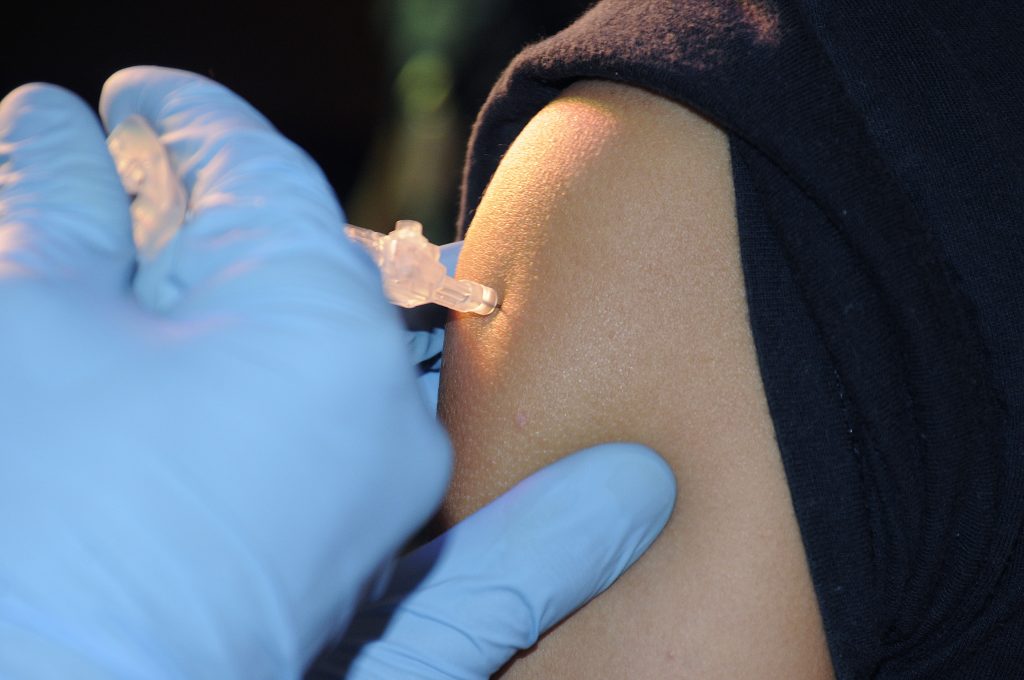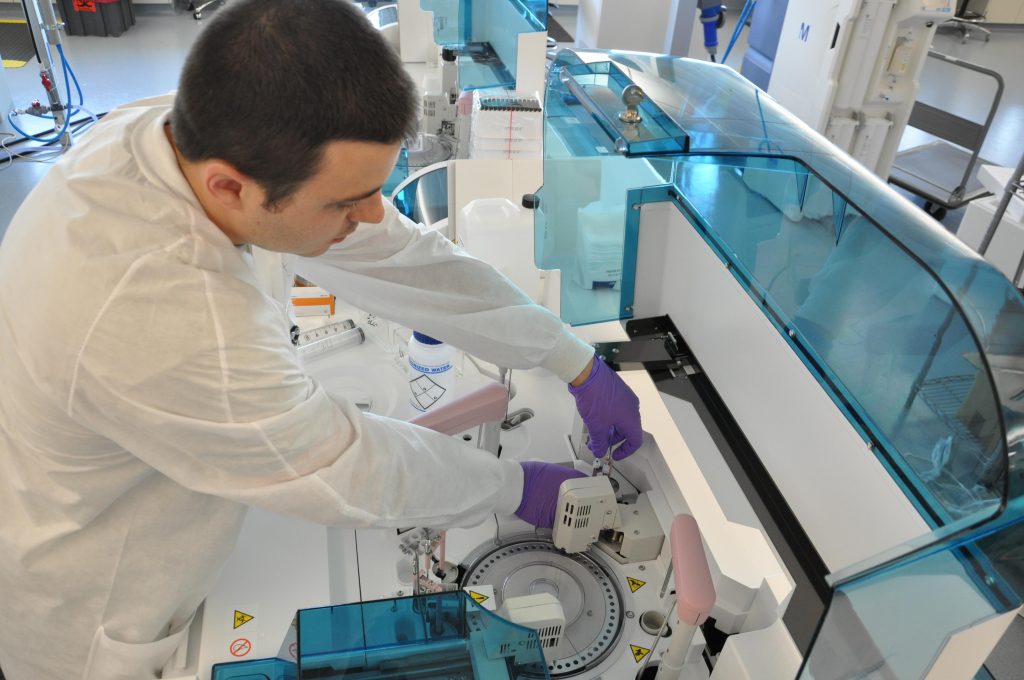Immunology: The Key to Good Health
Immunology is the science of the immune function. It studies the body’s relationship with foreign elements such as viruses, bacteria, fungi, but also with abnormal elements of the immune system such as cancer cells. The analysis of antibodies and defence mechanisms of the human body is the core of the practice of immunology.
Immunology: the study of immune defences
The main elements against which the human body must defend itself are:
Bacteria;
viruses;
fungi.
However, the immune response can also be expressed against cells that belong to the human body, such as during:
allergies;
autoimmunity (abnormal attack on the cells of the human body);
Cancers.
An incarnation of the development of immunology: the vaccine

The vaccine marks the cornerstone of the use of immunology in everyday therapy. Using a small fragment of the inactivated or neutralized disease, an immune response is created that causes the immune system to defend itself in the event of subsequent exposure to the disease. Once exposed, the body makes antibodies that are rapidly usable for a while (until the next recall if needed).
Immunology: many avenues for the future
Immunology can be used to make antibodies that specifically target specific components of cancer cells. Toxic molecules can then be attached to these antibodies to destroy cancer cells. This type of technique is called immunotherapy and is already being used daily for certain tumours that have specific cellular markers. Some lung cancers or lymphomas, for example, are eligible for immunotherapy.
The tumour markers used as targets can be abnormal proteins or normal proteins, either made irregular by the cancer process or expressed at an abnormally high level.
Similarly, immunology can be used for diagnostic purposes. A visual marker is then attached to the antibody targeting the tumour so that it can be accurately imaged. One example is immuno-scintigraphy.
Numerous treatments in clinical development

Since its development in the 1990s, immunology is one of the most promising avenues in cancer therapeutics. Today, 20% of the new drugs in development in oncology are biotherapies or immunotherapies.
Trials are underway and will undoubtedly lead to new therapies in the years to come. These include, for example:
Therapeutic vaccines;
immunotherapies that target proteins that allow cancer cells to survive;
immunotherapies aimed at developing the natural immune system by making it more effective against cancer cells, or allowing it to recognize them better;
immunotherapies targeting the blood vessels that vascularize tumours, thereby depriving them of their source of development.
Immunology promises many avenues for the future. If you like this post or wish to add some more information, please feel free to write down your comments below.
Want to read more on Health talks? You can also read Your Immune System: The Warrior Inside You.



